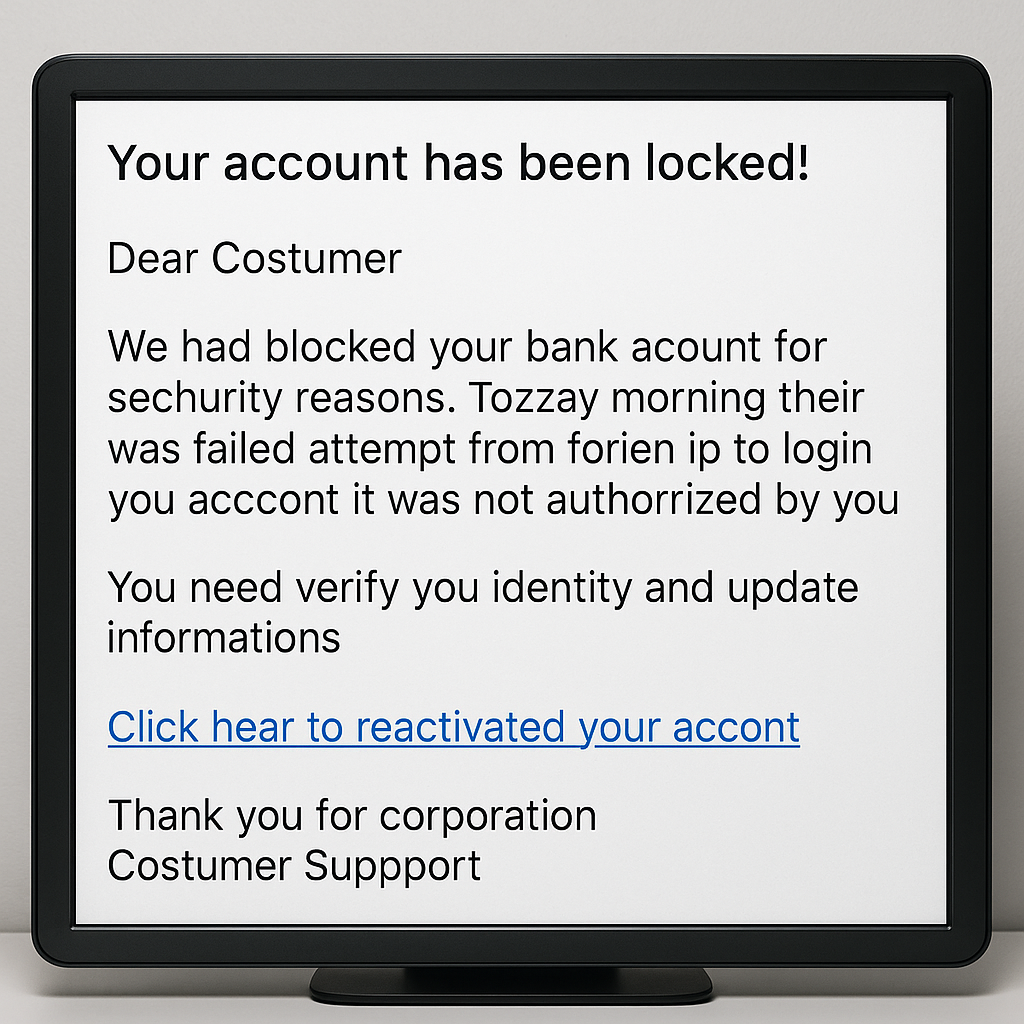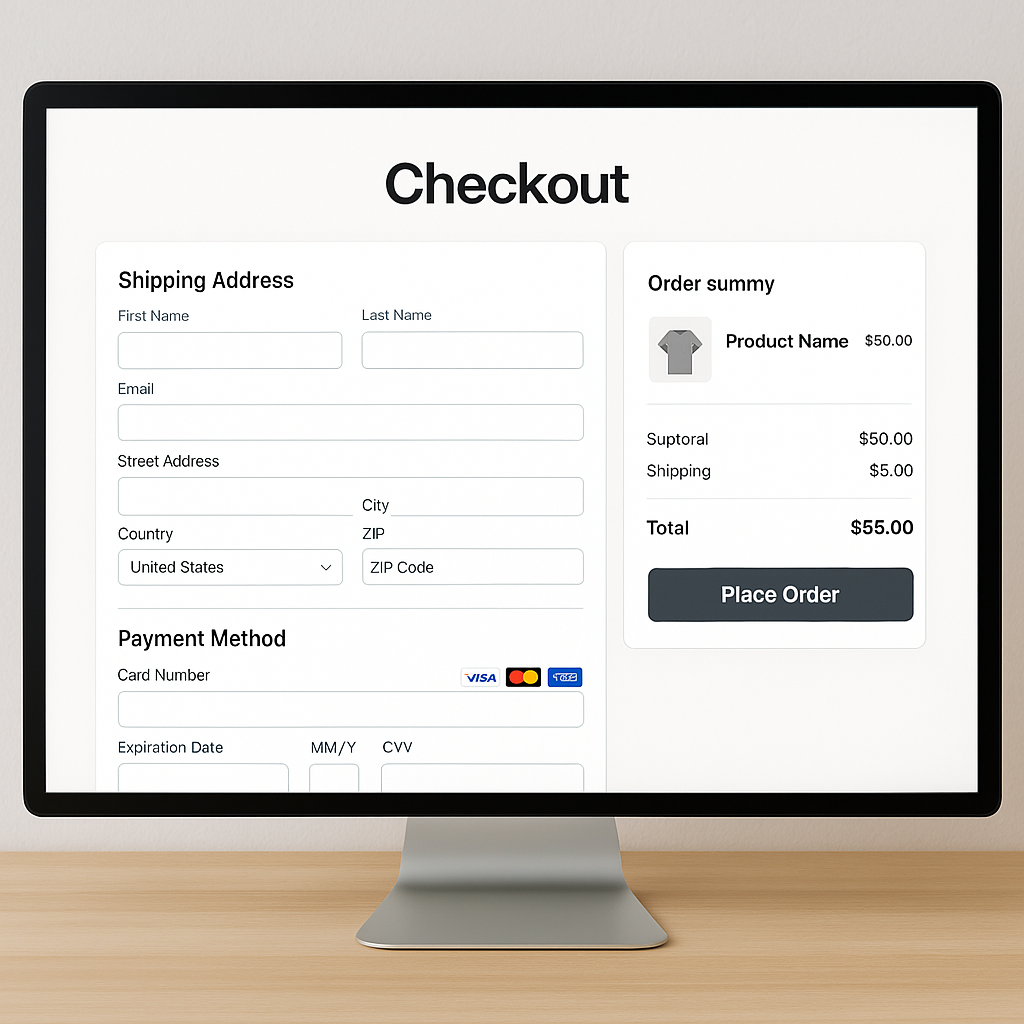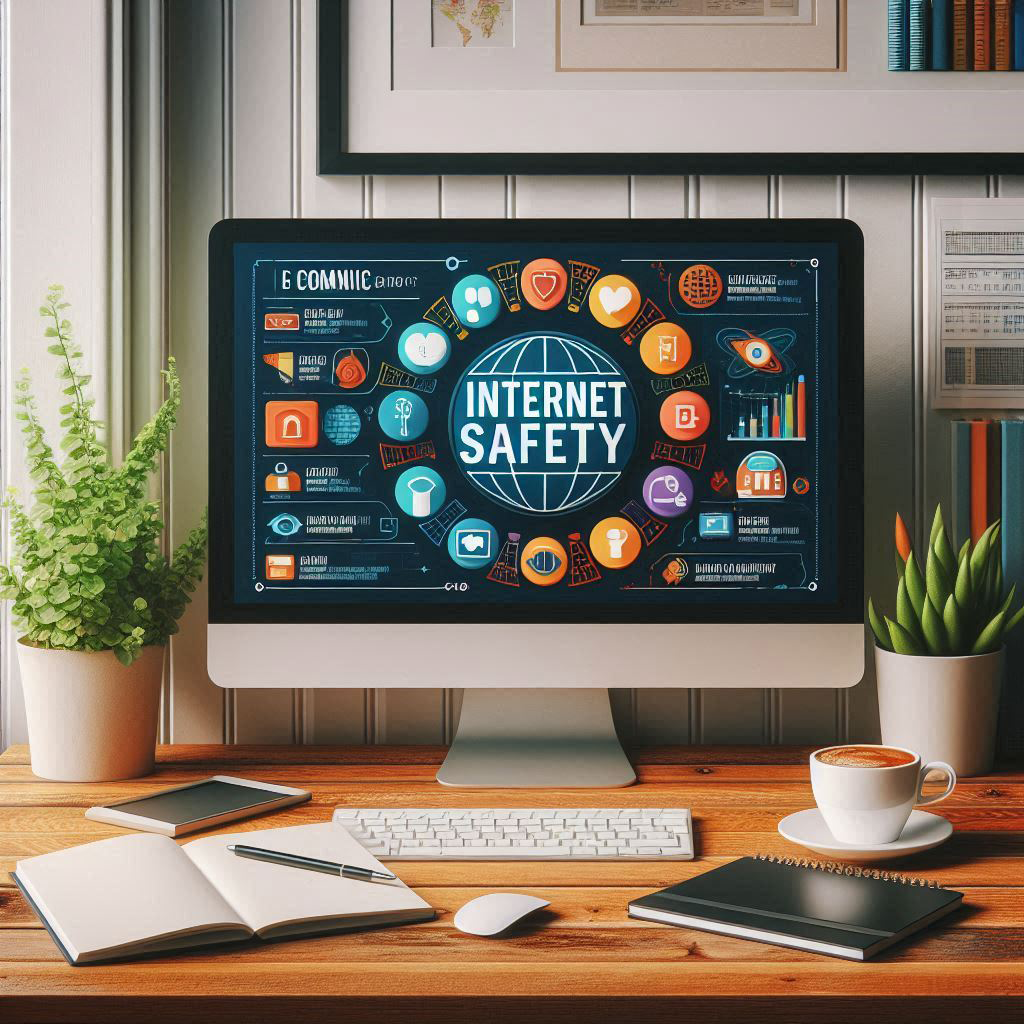Welcome, intrepid explorer! So, you’ve heard whispers about the Dark Web—a realm shrouded in mystery, the internet’s very own Mordor. But fear not! With this trusty guide, you’ll learn what it is, how to navigate it (if you're brave enough), and most importantly, how to protect yourself from becoming digital toast.
What is the Dark Web?
Alright, let’s clear up some confusion. The Dark Web isn’t a Harry Potter spell gone wrong. It’s actually a small part of the Deep Web, which is everything online that isn’t indexed by search engines. Think of the internet as an iceberg: the surface web is the tip, the Deep Web is all the ice below, and the Dark Web is that creepy octopus hiding in the darkest depths.
The Dark Web can be accessed using special software like Tor (The Onion Router), which sounds like a culinary disaster but actually helps anonymize users. Here, you’ll find everything from legitimate privacy-protecting resources to the more... questionable activities. Just remember, with great power comes great responsibility. Or in this case, with great anonymity comes the need for a really good antivirus.
Why Go There?
You might be wondering, "Why would anyone want to venture into this digital underworld?" Good question, Sherlock. For some, it’s about privacy and freedom of speech. Journalists, activists, and whistleblowers sometimes use the Dark Web to share information without being tracked. For others, it’s more about curiosity. Or perhaps they’re just looking for the secret recipe to grandma’s cookies (highly unlikely, but who knows?).
How to Navigate the Dark Web
Before you don your digital fedora and trench coat, here are some steps to safely navigate the Dark Web:
Get the Right Gear
First, you need Tor. Download it from the official Tor Project website. Be wary of imposters; you don’t want to end up with a virus that makes your computer as slow as a snail on a hot day.
Stay Anonymous
Privacy is key. Use a VPN (Virtual Private Network) to hide your IP address, because nobody wants their browsing history to look like a villain’s to-do list.
No Personal Info
Using your real name or sharing personal details is a big no-no. You wouldn’t walk into a haunted house announcing your home address, would you? For extra security, consider using encrypted communication channels to protect your identity.
Use Caution with Links
Not all links are created equal. Some might lead you to interesting forums or markets, while others could unleash chaos upon your device. It’s the digital equivalent of choosing wisely in an Indiana Jones movie. Stick to reputable Dark Web directories and forums to avoid falling into traps.
Conduct Ethical Research
If you're there to conduct research, be sure to follow ethical guidelines. This includes respecting privacy, avoiding illegal activities, and not engaging in harmful behavior. Remember, the Dark Web is a tool that can be used for good or ill.
How to Protect Yourself
So, you’ve braved the Dark Web and lived to tell the tale. Now, let’s talk about keeping yourself safe from the lurking dangers.
Keep Software Updated
Always keep your browser and security software up to date. It’s like keeping your armor polished—digital dragons beware! Regular updates patch security vulnerabilities and help protect you from new threats.
Avoid Downloading Files
Downloading files from the Dark Web is like picking up a suspiciously clean dollar bill on a grimy street. Just don’t. If you must, make sure to scan everything with a trusted antivirus program. Also, consider using a virtual machine to isolate any potential threats.
Beware of Scams
The Dark Web can be a scammer's paradise. If someone’s offering you a bridge in Brooklyn for a steal, it’s probably not legit. Use common sense and always stay skeptical. Be cautious of phishing attempts and fraudulent offers.
Legal Issues
Remember, not everything on the Dark Web is legal—or ethical for that matter. Engaging in illegal activities can get you into serious trouble. As tempting as it might be to purchase an invisibility cloak, it’s better left to the imagination. Always stay informed about the laws in your country and avoid any activities that could put you at risk.
Use Multi-Factor Authentication
Enable multi-factor authentication (MFA) for your accounts to add an extra layer of security. This ensures that even if your credentials are compromised, unauthorized access is still thwarted.
Monitor Your Online Presence
Regularly check your online presence to ensure your personal information isn't being misused. Set up alerts for any unauthorized usage of your data, and take immediate action if you notice anything suspicious.
Educate Yourself Continuously
Stay informed about the latest security practices and threats. Cybersecurity is an ever-evolving field, and what worked yesterday might not be effective today. Follow trusted sources and consider taking online courses to keep your knowledge up to date.
Navigating the Dark Web is not for the faint-hearted, but with the right precautions, it can be an eye-opening experience. Whether you’re searching for privacy tools, obscure memes, or just a digital thrill, always prioritize your safety and ethics. And if all else fails, there’s always Netflix.
Happy browsing, adventurer! Just remember to double-check your digital compass and keep your antivirus trusty by your side.











